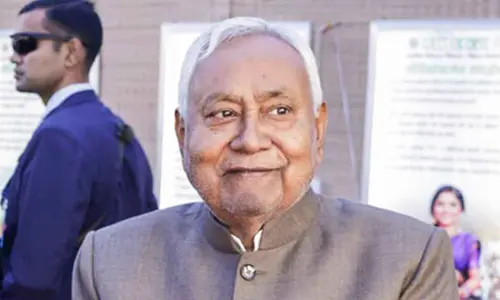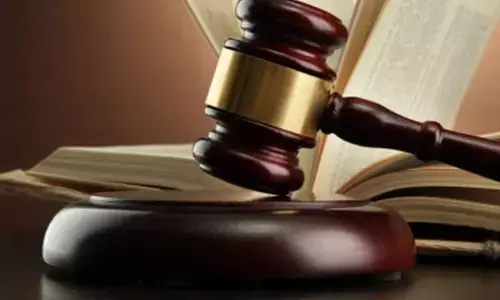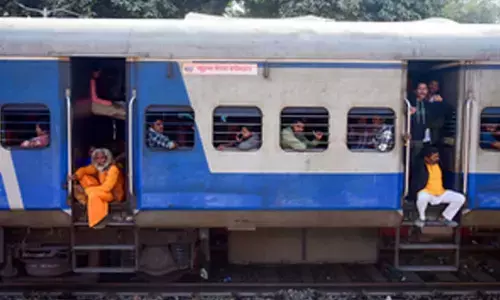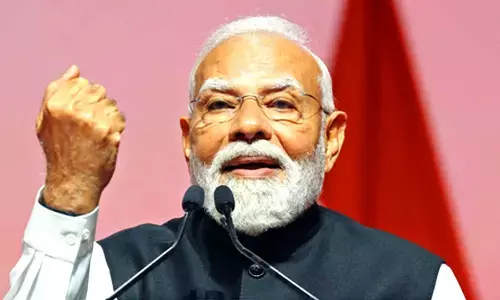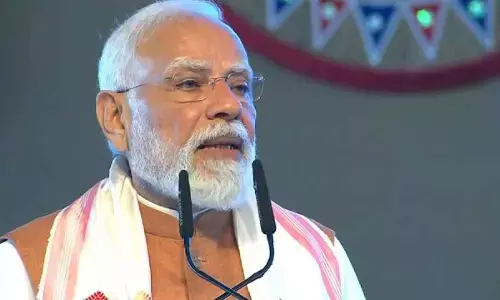Lok Sabha Speaker Accepts No-Confidence Motion Notice Against PM Modi's Government
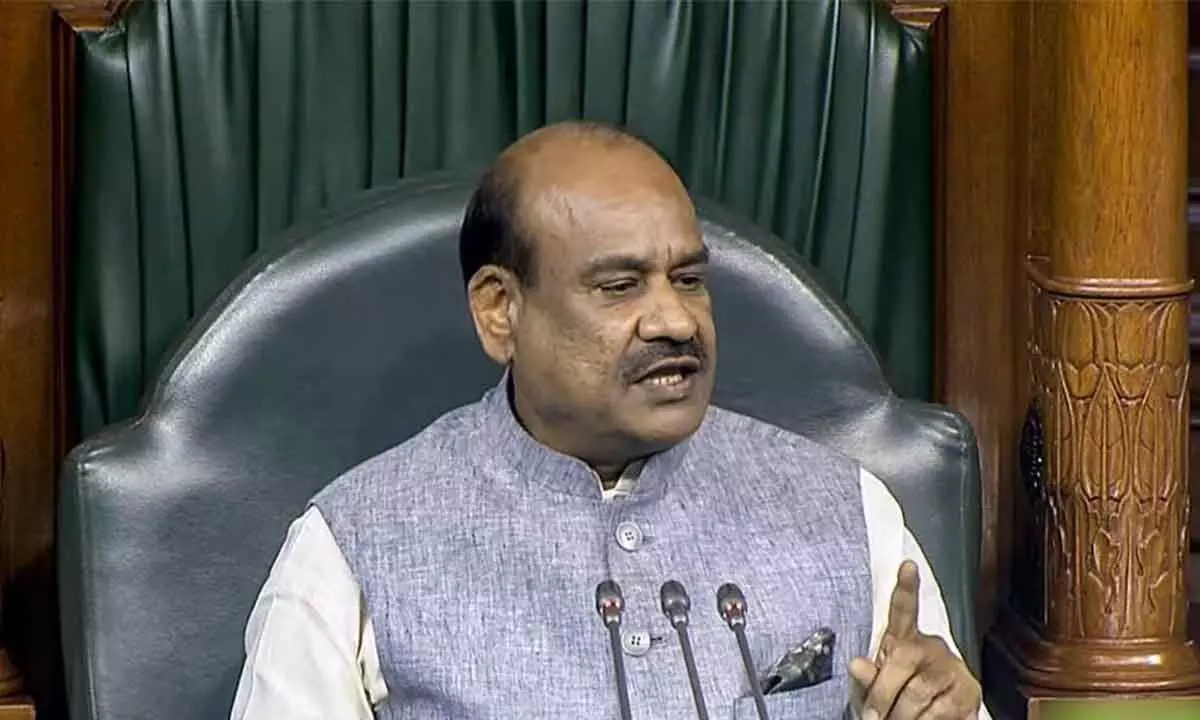
- Lok Sabha Speaker Om Birla has accepted the no-confidence motion notice filed by the Opposition Indian National Developmental Inclusive Alliance (INDIA) against Prime Minister Narendra Modi's government.
- The government holds a strong majority, and the Opposition's demand for Modi's response on the Manipur violence remains unaddressed.
On Wednesday, Lok Sabha Speaker Om Birla accepted the no-confidence motion notice presented by the Opposition Indian National Developmental Inclusive Alliance (INDIA) against Prime Minister Narendra Modi's government. Birla stated that he would hold discussions with all parties in accordance with the rules. He assured that he will inform them about the schedule for the discussion.
Congress member Gaurav Gogoi, hailing from Assam, submitted the notice at 9:20 am as part of INDIA's effort to compel Modi to respond to issues, including the Manipur violence. As per the rules, any no-confidence notice submitted before 10 am must be taken up on the same day.
According to informed sources, it is unlikely that the motion will be taken up for discussion in Lok Sabha on Wednesday. The notice for the motion was initiated after contentious debates and disruptions in Parliament, with the Bharatiya Janata Party (BJP) refusing to accept the Opposition's demand for Modi to address the Manipur issue.
In an effort to resolve the deadlock in both houses of Parliament, Union Home Minister Amit Shah reached out to Opposition leaders on Tuesday, proposing a discussion on the situation in the northeastern state.
The leaders of the Indian National Developmental Inclusive Alliance (INDIA) held discussions on Tuesday regarding the possibility of moving a no-confidence motion. Trinamool Congress's Rajya Sabha floor leader Derek O'Brien later tweeted, hinting at the strategic plan of the INDIA parties and stating, "Tactics to execute that strategy evolve every day. Rule 198 of the Lok Sabha states the procedure of moving a no-confidence motion. Picture abhi baki hai (wait and watch)," reported Hindustan Times.
The government holds the backing of at least 332 lawmakers in Lok Sabha, making it impervious to any threat posed by the no-confidence motion.
On Tuesday evening, the Congress issued a three-line whip, mandating the presence of its lawmakers on Wednesday. As per Lok Sabha rules, the motion requires the support of at least 50 lawmakers' signatures.
In a previous instance on July 20, 2018, the first no-confidence motion against the Modi government was defeated, with Telugu Desam Party lawmaker Srinivas Kesineni submitting the motion. During the debate on that motion, Congress leader Rahul Gandhi moved to the treasury benches and hugged Modi.
According to Rule 198 (1) of Lok Sabha, a member must seek leave from the Speaker when called upon to make the motion. To do so, the member must submit notice to the Lok Sabha secretary general by 10 am, to be taken up on the same day. When the leave is granted, the Speaker asks those in favor to rise, and if at least fifty members rise, leave is declared granted.
After the notice is accepted, the Speaker allocates a day or days for the discussion of the motion.
The Opposition caused a disruption in parliamentary proceedings for three days during the monsoon session, demanding Modi's response on the Manipur violence.
In 2003, Congress chief Sonia Gandhi moved a no-confidence motion against the Atal Bihari Vajpayee government. The motion was defeated after a debate that began with Gandhi presenting her "charge sheet" against the government, and Vajpayee lost the national election the following year.
Opposition leaders initiated discussions to bring a no-confidence motion on Monday morning, involving Congress and Trinamool Congress leaders. Rahul Gandhi, who had been disqualified from Lok Sabha earlier in the year, was consulted before the decision was made at the floor strategy meeting of the Opposition on Tuesday.











